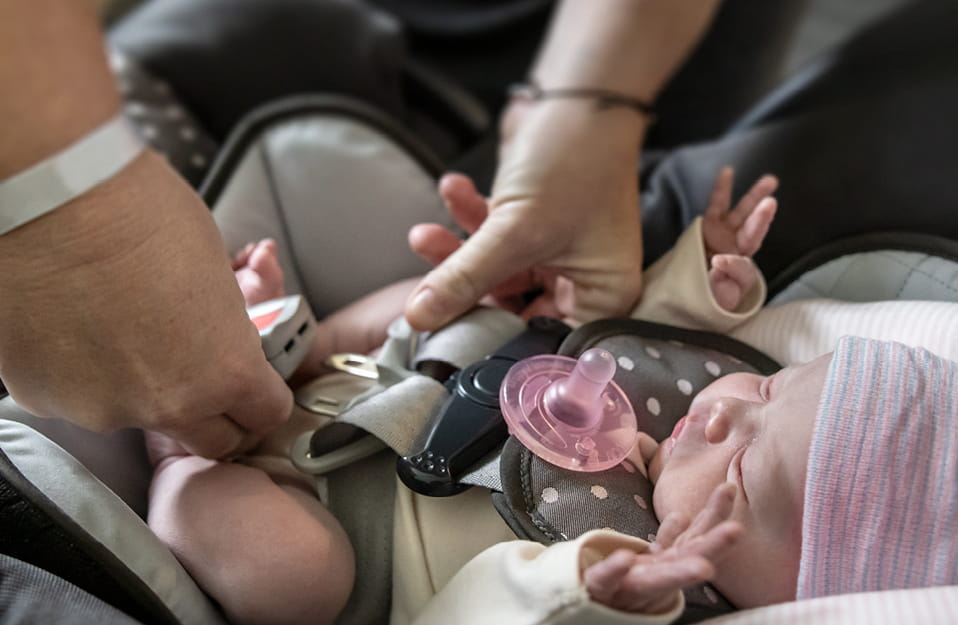How to talk to your kids about scary events
These tips will help you through difficult (but important) conversations with kids.
When we’re watching the news and scrolling social media, it’s easy to get lost in the emotions of the scary things that take place around the world.
"Children are going to get exposure to them, too, whether it's on social media, at school or from friends on the bus," says Tawnya Meadows, PhD, a pediatric psychologist at Geisinger.
Conversations with your kids about these things can be intimidating, but they’re crucial. Here are a few tips to help you navigate these talks:
It depends on their age
There’s no easy way to have these discussions with your children. But making time to listen to their feelings and understand their concerns can go a long way. And it’s best they hear about these events, and talk through their feelings, with you.
“The type of conversation you have with your kids will depend on their age,” says Dr. Meadows. “Talks with young ones may be brief, for example.” On the other hand, high school kids will know what’s happening and may have conversations with their friends.
Follow these guidelines when you talk about scary events with your kids:
- Limit your and your child’s media exposure.
- Be mindful of your conversations and the words you choose. Try not to project emotions of frustration or hatred.
- Discuss your child’s feelings in a way that’s appropriate for their age.
- For elementary or middle school children, have a conversation while doing a preferred activity, like coloring or kicking a soccer ball. This can help children feel relaxed and express their emotions.
- Be a good listener. Find out what your child knows about the subject and their feelings on it.
- Don’t have these conversations before bedtime, as it could lead to trouble sleeping.
- Be reassuring. Let your child know adults are working to keep them safe and point out safety measures that help protect them.
- Tell them to be mindful of others’ feelings if they talk about the topic with friends.
- Stress that if they see something concerning, they should say something.
Make time to sit with your emotions
Maybe your child is too young to understand what they hear on the news, but they overhear their teachers talking about it at school. Or maybe your high school student understands all too well, and feels afraid.
Staying open and calm throughout the conversation is also key. They can sense your emotions and will react to them.
"You just want to role model. It's OK to have feelings; everyone is going to have different sets of feelings. With kids, strong emotions are going to be influenced by the people that surround them, including other students, their parents and teachers," says Dr. Meadows.
So, if you need to take some time to process an event before you talk to them, do that. Just remember to limit your media exposure. If they overhear while you’re listening to the news, they may pick up some alarming terms that make them nervous before you talk to them.
And after you talk, remember that listening to their questions is just as helpful (and maybe more helpful) as telling them about what happened.
"Give them reassurance when they ask a question, saying, 'I didn't even think about that.' 'That's a good question.' 'I don't know, maybe we can find the answer to that,' or 'This is complicated — there might not be an answer to this,'" says Dr. Meadows.
While these talks are never easy, you can make a big impact on how your child feels by just being the first to talk to them. Keep things simple, make time to listen and remind them that you’re always there for them to answer their questions.
Next steps:
Meet Tawnya Jo Meadows, PhD
Back to school: Tips for keeping kids healthy
Learn about pediatric care at Geisinger





